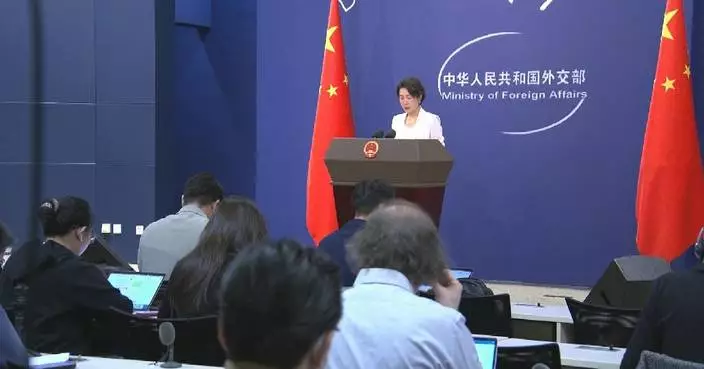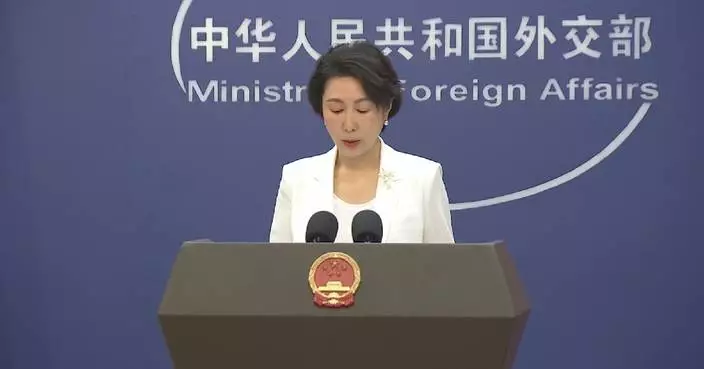The contentious increase in defense spending within a mammoth spending package passed by the German parliament on Friday diverts funds from constructive projects and is more likely to benefit the U.S. than the German public, a German analyst warned.
The Bundesrat, the upper house of Germany's parliament, approved a multibillion-euro package backed by the CDU/CSU union and the Social Democratic Party on Friday.
The package will allow for the setup of a special fund of 500 billion euros (about 544 billion U.S. dollars) to finance infrastructure projects, climate and economic transformation efforts.
Additionally, the passage of the package lifts a "debt brake" measure, introduced in 2009, that has capped military spending at less than 1 percent of the national GDP.
However, such a massive increase in the country's military budget has sparked widespread controversy.
Bernd Einmeier, managing partner of ThinkTank Networks, argued that the increase in defense spending means that funds are not being directed toward constructive projects and will not promote European prosperity.
"What we are seeing now is the government channeling funds into destructive purposes and weapons. We all know that these weapon systems will certainly not promote European prosperity. We are not investing in constructive projects, but rather in things that will only bring destruction, death, and suffering," he said.
Einmeier further warned that the package would add to Germany's debt and financial burden.
While the CDU/CSU union and the Social Democratic Party claim it will boost the economy, he argues that the real beneficiaries may not be the German public, but rather the U.S.
"A large portion of the weapons procurement orders has flown to the U.S., which will undoubtedly stimulate the U.S. economic growth. But for us, it's of no help and will only deepen our dependence on the U.S. We are spending money that we don't even have, and this debt will ultimately be paid off by our next generation. I have a very critical attitude towards this. The interest burden will be extremely heavy, amounting to 50 billion euros annually," he said.
The spending package will come into effect once signed by German President Frank-Walter Steinmeier.

Germany's increased defense spending offers no benefits to its people: analyst









